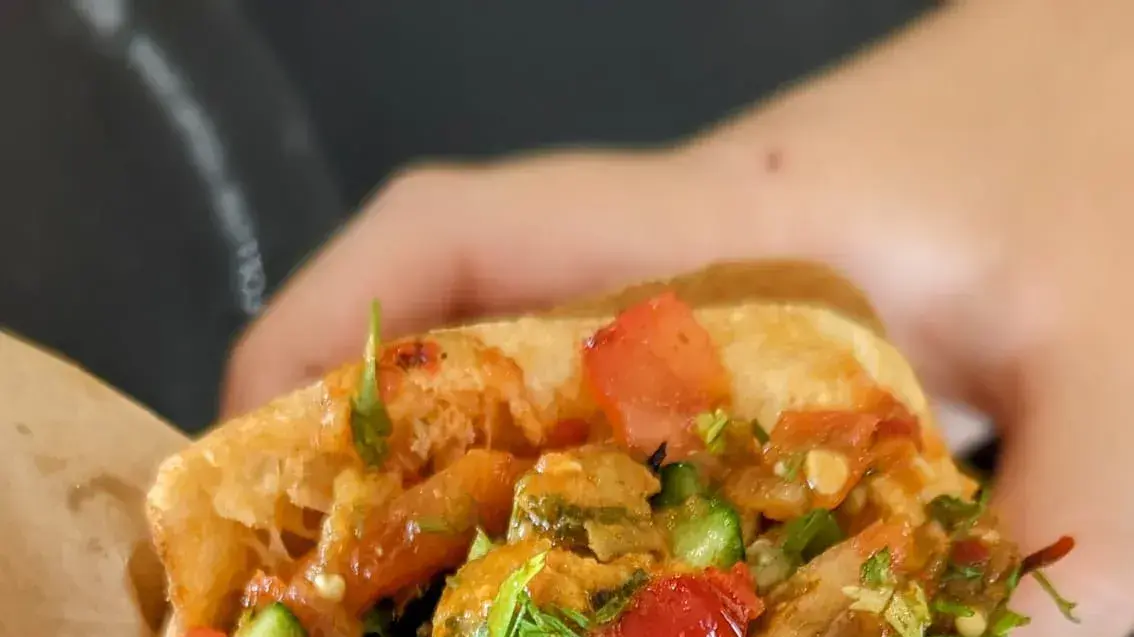This week I met a vegan acquaintance who told me that for some time he also avoided gluten. "Do you have any special health problems?", I inquired. "No," he said, and added and told how difficult it is for him with gluten-free veganism, and because of that, he explained, "I make up for myself with lots of chips."
But it is not always true that the avoidance of certain foods will be absolute and unequivocal. In my clinic, I meet many people who have removed gluten from the menu and are still dealing with medical problems and a feeling of "explosion" in weight or energy level. I actually encourage them to add certain foods that contain gluten to the menu and thus improve their condition. On the other hand, there are people with autoimmune diseases, joint problems, thyroid gland, etc. I recommend them to avoid gluten. Each person has his own body and diet, and for that reason it is not a clear and self-explanatory decision.
Passover is a good opportunity to try and even enjoy a gluten- or wheat-free diet and check the feeling in the body, check how it reacts, what is the state of fatigue, digestion, the feeling in the joints and whether there is relief in symptoms such as seasonal allergies, headaches and energy levels.
What is gluten?
It is a protein made up of two sub-protein units that are very difficult to digest due to their shape and density, so it is difficult for the body to break it down. Many times the immune system recognizes the protein as a hostile factor, which is sometimes manifested in celiac disease but also in milder conditions of abdominal swelling, chronic fatigue, headaches, chills and increased inflammation in the body.
Is everyone sensitive to gluten? Not necessarily. Some believe that they are not sensitive, but only when they remove the sources of gluten from their diet do they understand what quality of life is. In contrast, there are people who remove gluten foods and see no change, perhaps because other foods are problematic in their diet (for example, dairy products, those who are sensitive to preservatives and dyes, etc.) or they simply fall into the trend bin.
This is an important point because the same gluten-free diet trend is the biggest obstacle facing anyone who chooses the maligned protein-free diet, whether they really need it or not. A healthy gluten-free menu should be based on unprocessed food - on vegetables, on fruits, on suitable sources of animal protein or legumes and complex carbohydrates such as whole, basmati or red rice, quinoa, buckwheat, teff and amaranth. However, most of those who get carried away by the current of the free do not bother to delve into the subject and thus bring themselves to base themselves on a processed diet rich in starches such as corn, potatoes, white rice, cornflour or, at best, tapioca. These break down in the blood very quickly into sugar, and then its levels rise and fall rapidly, causing a "craving," an intense craving for the next processed starch. Such a diet will over time increase the risk of diabetes, blood pressure, abdominal obesity and intestinal diseases in the absence of dietary fiber. This is not what the poet meant.
In addition, there are foods containing gluten whose benefits exceed the level and quality of their gluten. Oats (Quaker), for example, is one of the miracle foods that should be included in every Western menu. Quaker is full of B vitamins that support the nervous system and help calm, concentrate and sleep properly. Oats help balance blood lipids and prevent colon cancer. The percentage of gluten in it is minimal and if a person is not celiac there is no reason not to enjoy its virtues. Grits, i.e. barley, are also much more recommended than corn, potato or white rice. The grits balance blood sugar, help the digestive system and expectorate phlegm. There is no reason to avoid these two foods unless you have been diagnosed with celiac disease.
What should you avoid?
Wheat, even whole wheat. Wheat in general and bread (and unleavened bread) in particular are less recommended due to the high level of allergens that produce phlegm and high levels of inflammation in the body. On top of that, the classic look of the golden wheat fluttering in the wind is no longer there. To make it easy to grow and harvest it en masse, the hardest and most difficult to digest wheat varieties were selected and improved over the years. For this reason, it is better to choose bread, and even matzoh made from sesame or rye, and still take into account that sometimes the addition of gluten helps to effectively "shape" these grains into bread.
Be that as it may, it is useful to diversify the daily diet, make it precise in a personalized and trend-free manner. Passover is a good opportunity for such adjustment, to connect with the personal physical feeling of what really makes us feel good. After all, this is also freedom.
The author is a therapist in nutrition and eating strategies, a lecturer at the Ridman College of Complementary and Integrative Medicine, and the manager of the Facebook community "Nutrition for women who can write a book about nutrition"

